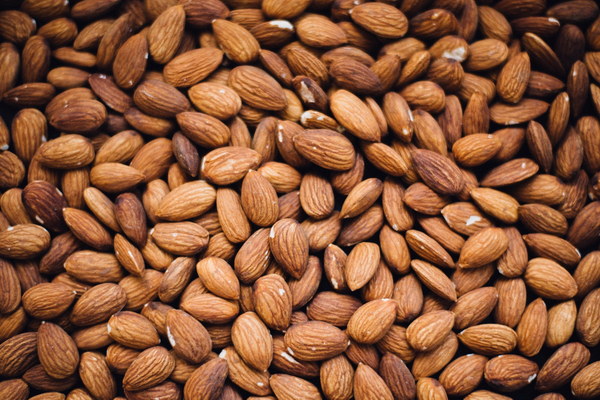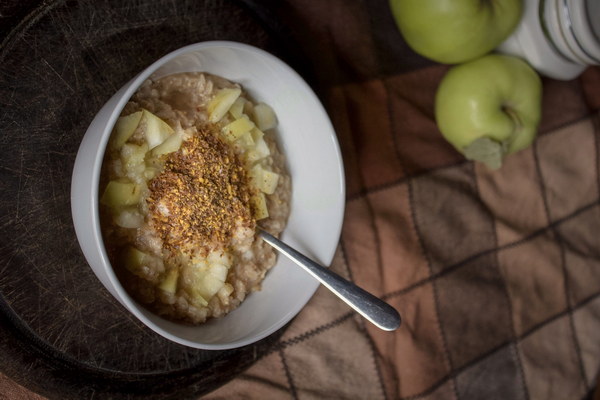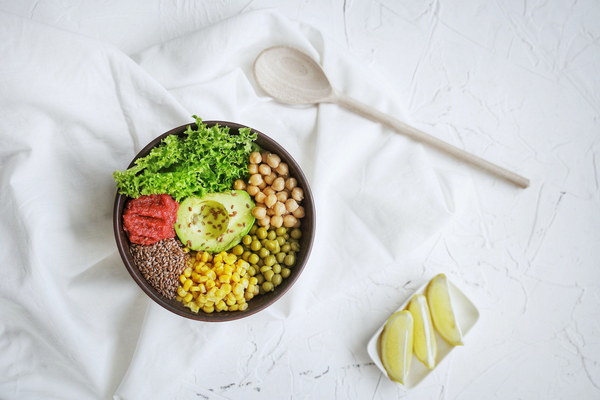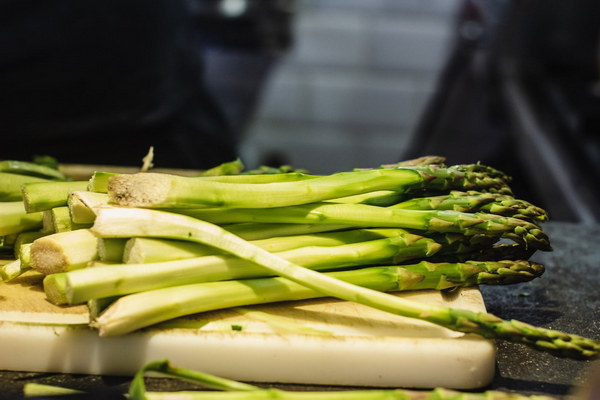The Art of TCM and Dietary Therapy Nurturing Your Menstrual Health Naturally
In the realm of traditional Chinese medicine (TCM), the menstrual cycle is not just a physiological process but also an opportunity for self-care and healing. TCM offers a holistic approach to women's health, with dietary therapy playing a crucial role in balancing the body's Yin and Yang energies. This article delves into the art of TCM and dietary therapy for nurturing menstrual health naturally.
1. Understanding the menstrual cycle in TCM
In TCM, the menstrual cycle is divided into four phases: the follicular phase, ovulation, the luteal phase, and menstruation. Each phase corresponds to different physiological and emotional changes in a woman's body. TCM aims to maintain the balance of Yin and Yang energies throughout these phases to ensure a healthy menstrual cycle.
2. The importance of dietary therapy in TCM
Dietary therapy is a key component of TCM, as it helps to nourish the body and regulate its internal systems. The principles of dietary therapy in TCM focus on:
- Balancing the body's Yin and Yang energies: TCM dietetics suggests consuming foods that either nourish Yin (cooling, soothing) or Yang (warming, energizing) to maintain a balanced state.
- Enhancing blood circulation: Proper blood circulation is essential for a healthy menstrual cycle. Foods rich in iron, vitamin C, and omega-3 fatty acids can help improve blood flow.
- Strengthening the spleen and liver: The spleen and liver are vital organs in TCM, responsible for regulating the menstrual cycle. Foods that support these organs include sweet potatoes, millet, and black beans.
3. TCM dietary recommendations for each phase of the menstrual cycle
Follicular phase (days 1-14):
- Focus on sweet, cooling, and nourishing foods: This phase is characterized by the body's preparation for ovulation. Foods like sweet potatoes, apples, and pears can help nourish Yin and support ovulation.
- Increase protein intake: To support the development of the egg, include lean proteins such as chicken, tofu, and tempeh in your diet.
Ovulation phase (day 14):

- Maintain a balanced diet: Continue consuming a variety of fruits, vegetables, whole grains, and lean proteins to support the body's energy during this phase.
- Stay hydrated: Adequate water intake is crucial for maintaining healthy blood circulation and supporting ovulation.
Luteal phase (days 15-28):
- Focus on warm, grounding, and nourishing foods: This phase is when the body prepares for menstruation. Foods like root vegetables, nuts, and seeds can help balance the body's Yin and Yang energies.
- Increase omega-3 fatty acids: Foods rich in omega-3s, such as flaxseeds, chia seeds, and fatty fish, can help regulate hormones and reduce menstrual cramps.
Menstruation phase (days 1-5):
- Consume warm, soothing foods: This phase requires the body to release excess energy and blood. Foods like ginger, cinnamon, and nutmeg can help warm the body and ease menstrual cramps.
- Avoid cold, raw, and spicy foods: These can exacerbate menstrual symptoms and hinder the body's healing process.
4. Other TCM practices for menstrual health
In addition to dietary therapy, TCM offers other practices to support menstrual health, such as:
- Acupuncture: Acupuncture can help balance the body's energy and alleviate menstrual symptoms like cramps, bloating, and mood swings.
- Chinese herbal medicine: Herbs like chuanxiong, danggui, and chuanbeimu can help regulate the menstrual cycle and alleviate menstrual pain.
- Qi Gong: This ancient practice involves gentle movements, breathing exercises, and meditation to promote overall well-being and balance the body's energy.
In conclusion, TCM and dietary therapy offer a natural and holistic approach to nurturing menstrual health. By understanding the principles of TCM and incorporating the right foods and practices into your daily routine, you can support your body's natural processes and enjoy a healthier menstrual cycle.









